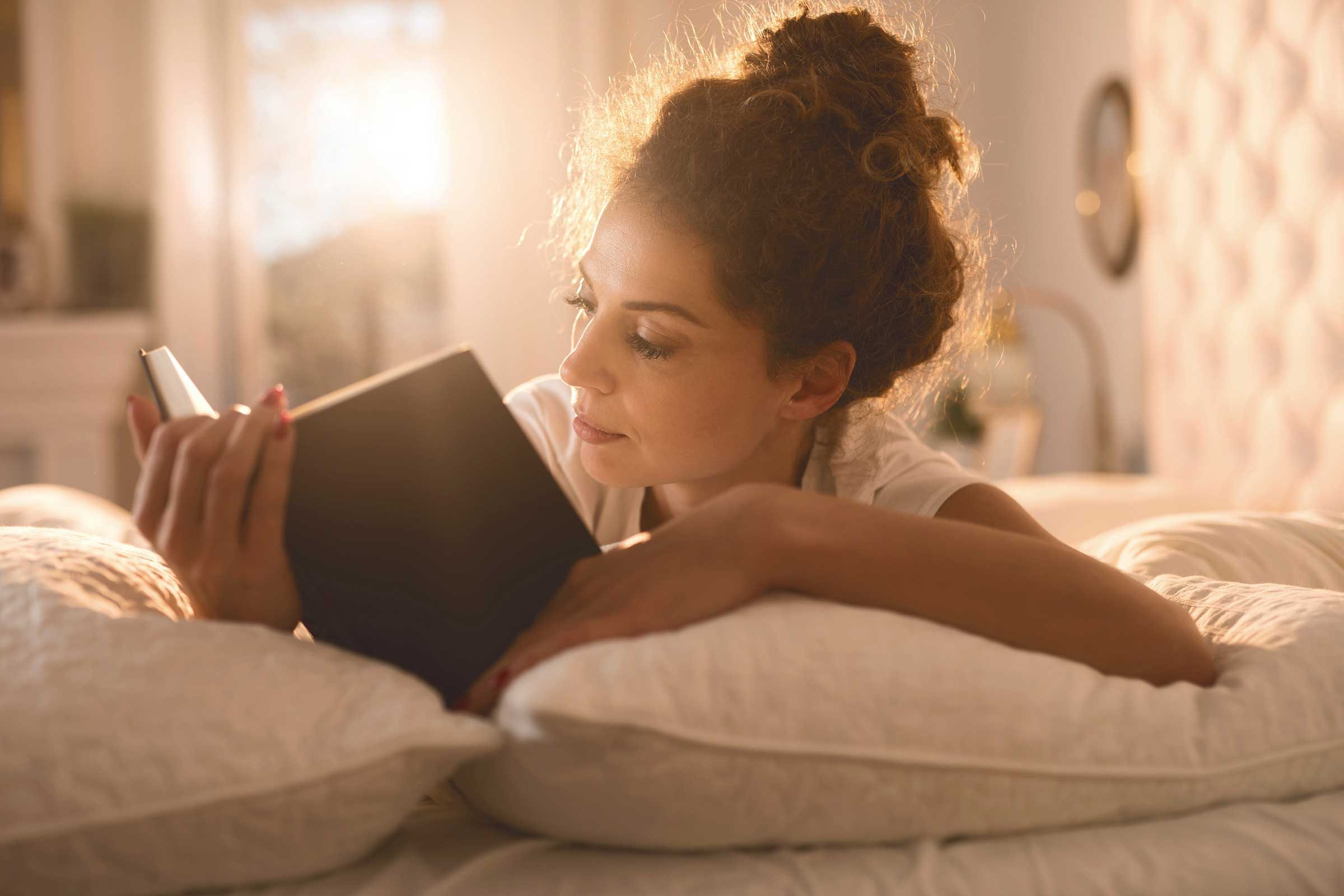
Take advantage of the morning light
Since 7 o’clock is the new 6 o’ clock, set your alarm an hour ealier and you’ll gain an hour in the transition. Use the beautiful morning light for some “me time,” read a good book, email a friend, or enjoy a special breakfast. Here are the 13 ways daylight saving can wreck your health.
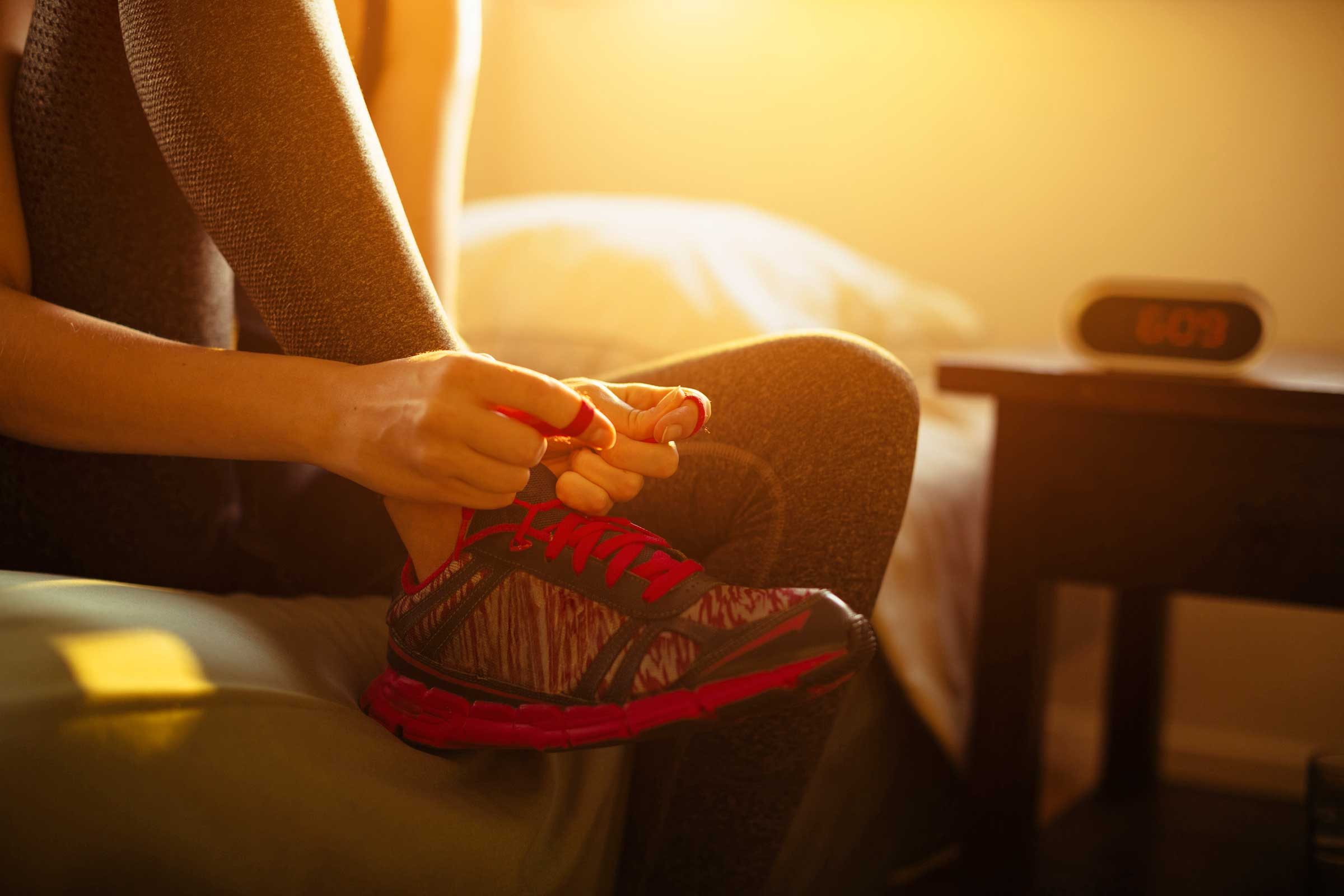
Fit in a morning workout
Use the extra hour to improve your health. Bonus: A morning workout can help keep your mood up throughout the day. It’ll get you outside and expose you to light, which will help your internal body clock adjust.
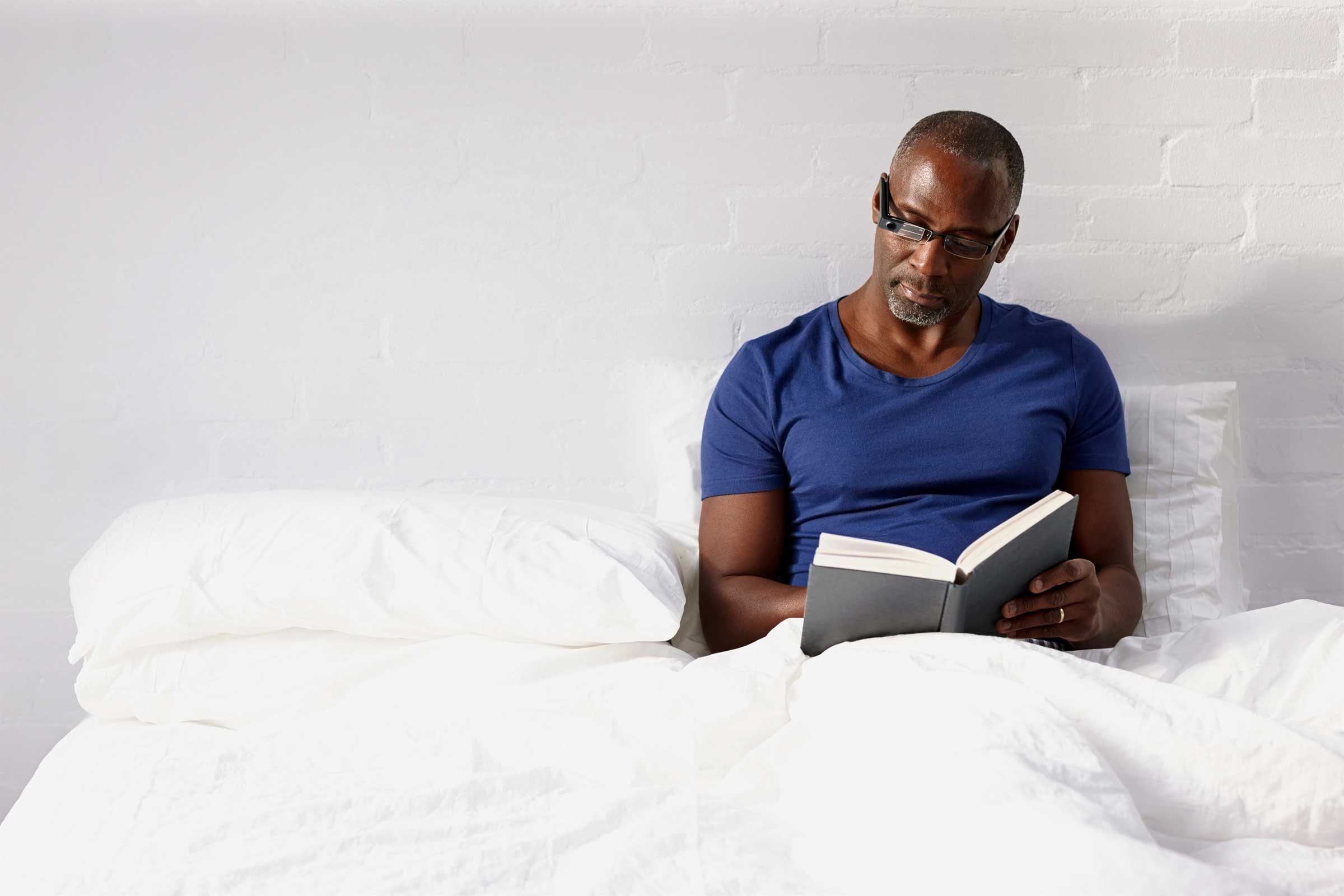
Have a relaxing bedtime routine
Having a sleep routine is important during normal times of the year, but it becomes extra important at the end of Daylight Saving Time (DST), when it can be harder to fall asleep. Wind down before bed with relaxing activities like reading or journaling, and avoid caffeine. Here are 7 ways less daylight affects your health.

Take a walk at lunch
The downside of the end of DST is shorter days. If you’re prone to seasonal affective disorder or simply miss being outdoors in the daylight, take a walk at lunch. Even just 15 to 20 minutes of fresh air and sunlight can help perk up your mood.

Cozy up indoors
Now that it gets darker lighter, chances are you and the family will be spending more time indoors. Make it more fun by planning special dinners like Make Your Own Pizza night, cuddle up and watch family films, or play board games. You can also learn the 6 reasons it might be time to end daylight saving.
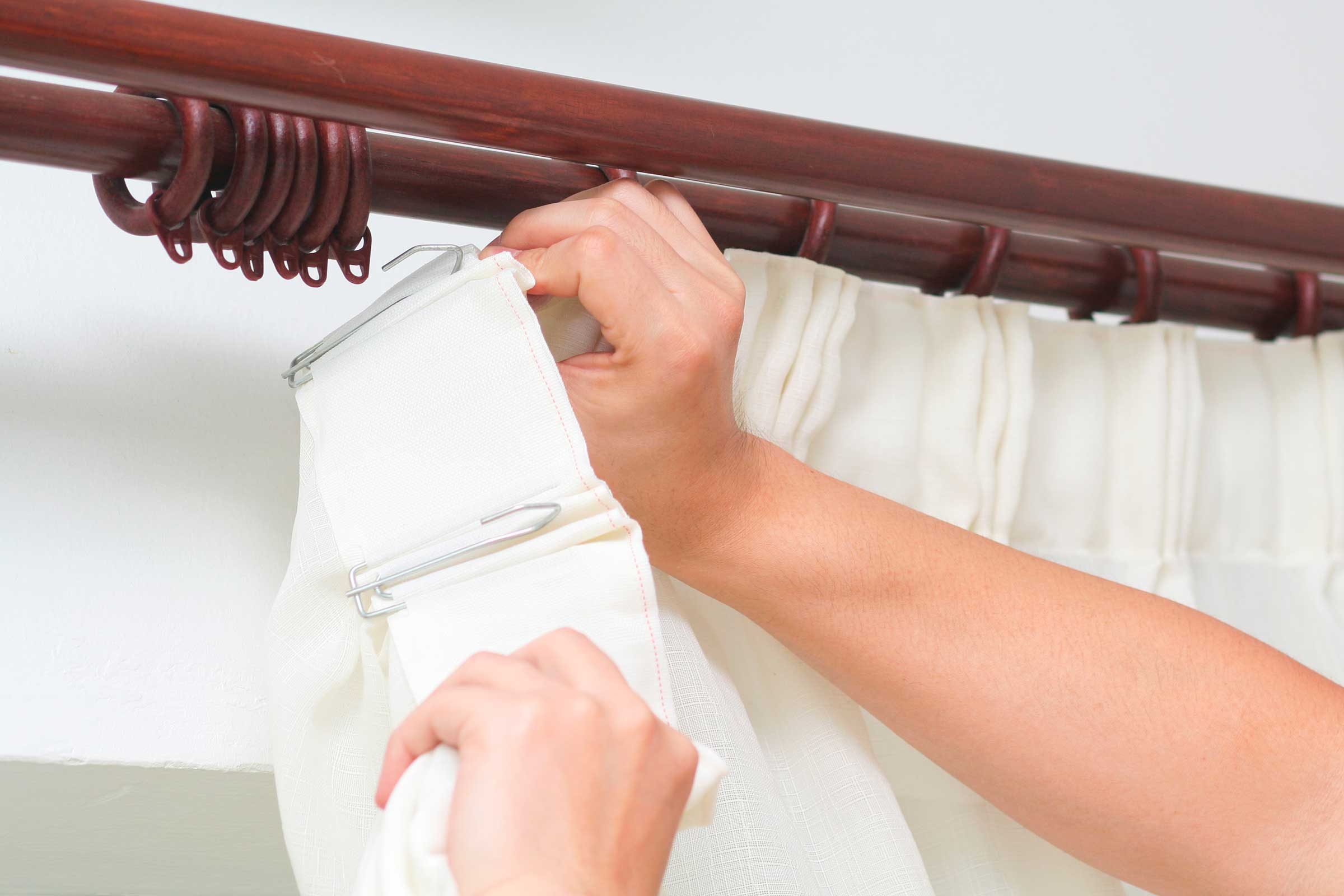
Break out the heavier drapes
If you have larger windows in your bedroom, now is the time to switch out your curtains for thicker drapes. Not only will this help keep out the coming winter chill, light in your bedroom could throw you off. The National Sleep Foundation confirms that light in your bedroom could interfere with your sleep rhythms.
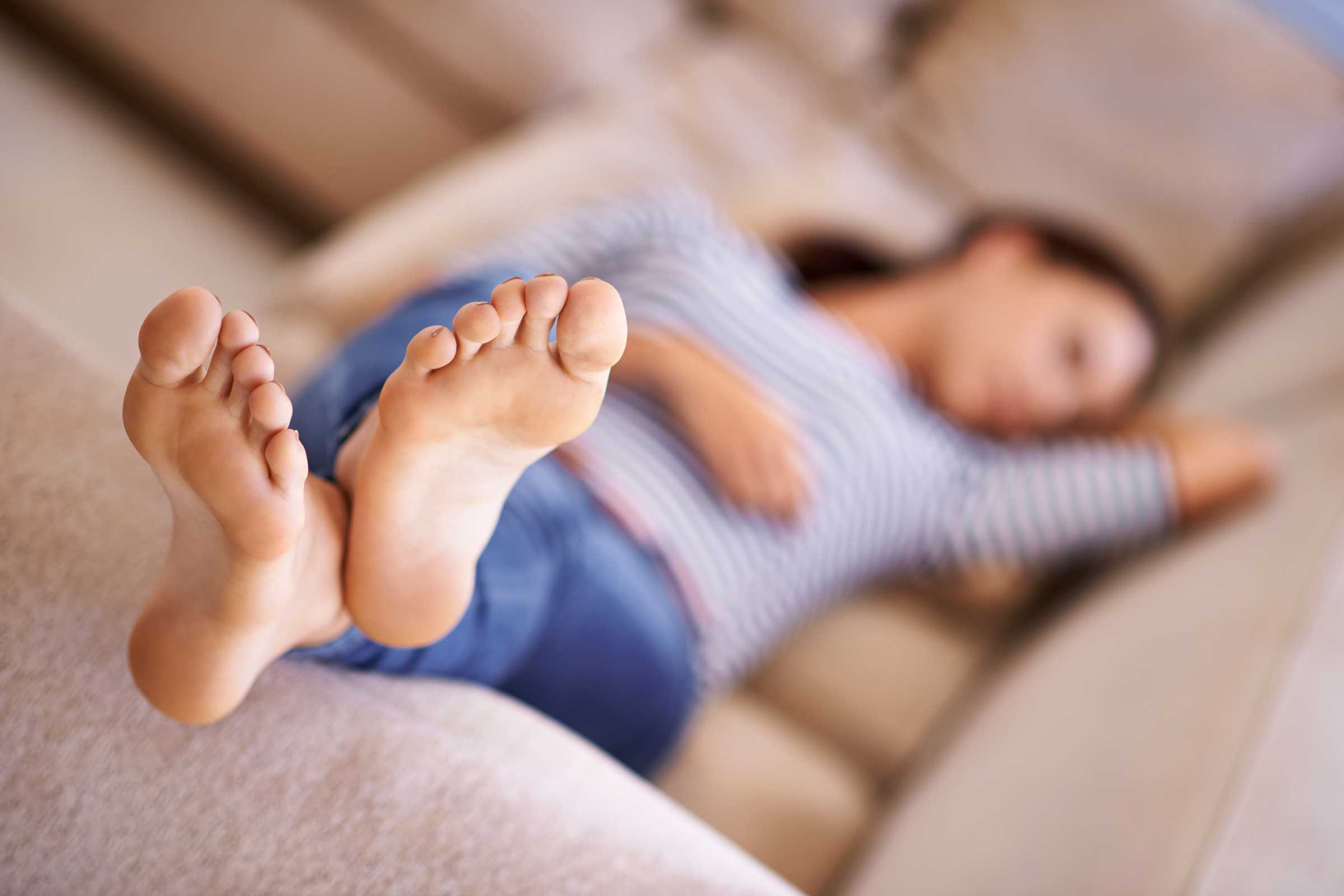
Don’t take long naps during the day
Naps can be relaxing, but avoid overindulging the weeks before and after the end of DST. While a short nap won’t hurt your sleep rhythm, a long midday lounge can throw your circadian rhythm off, which is the last thing you want. Here’s why we have daylight saving in the first place.
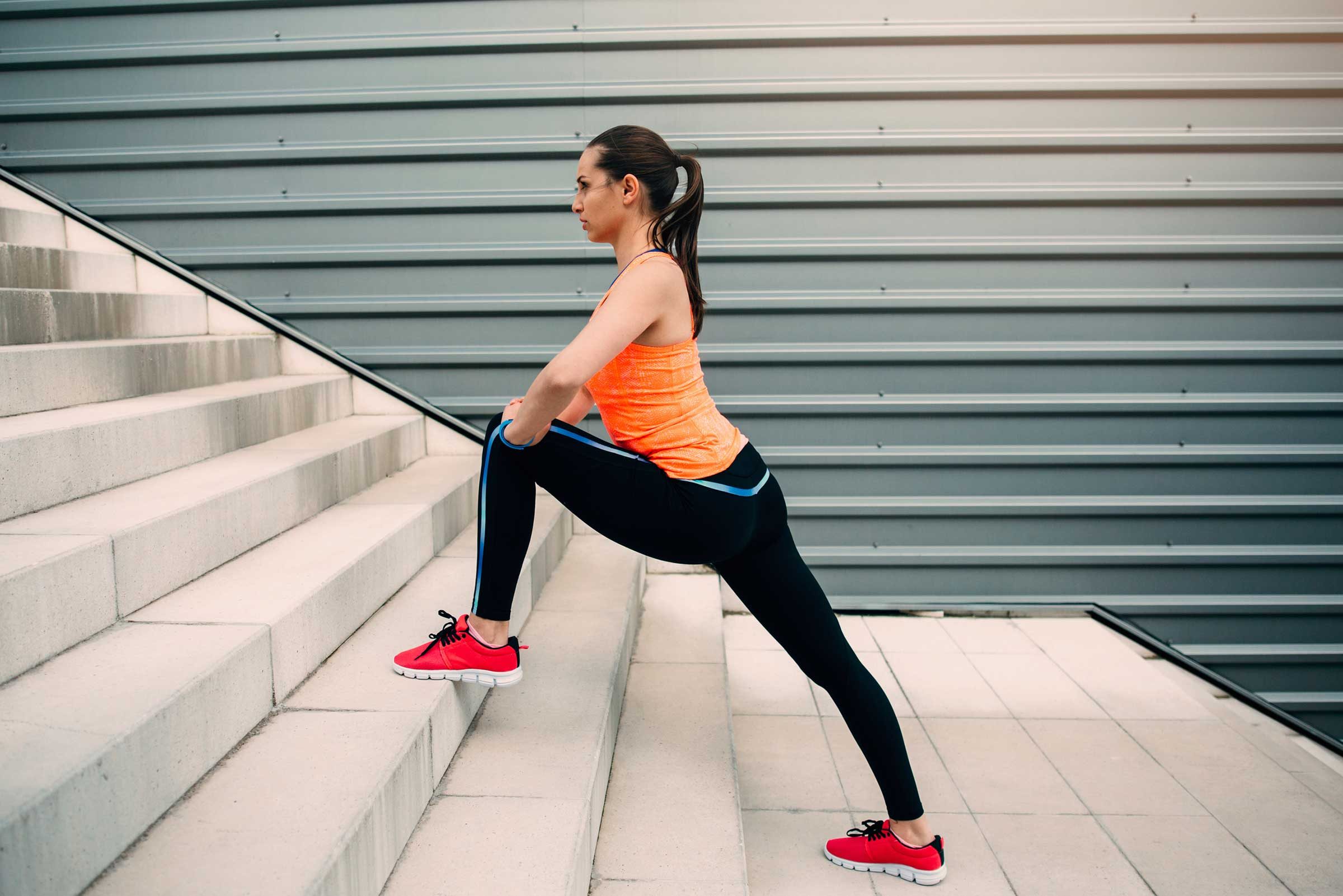
Invest in reflective clothing
If you are going out for a run, make sure you’re clearly visible to drivers. That means wearing a jacket and shoes with reflective strips and sporting a headlight if you’re in an area without streetlights. Reflective clothing isn’t only for exercise. If your kids have a late drop off from the school bus, make sure their clothing and backpacks have reflective elements. When you’re behind the wheel, be on the lookout for pedestrians, especially during the early dusk hours.
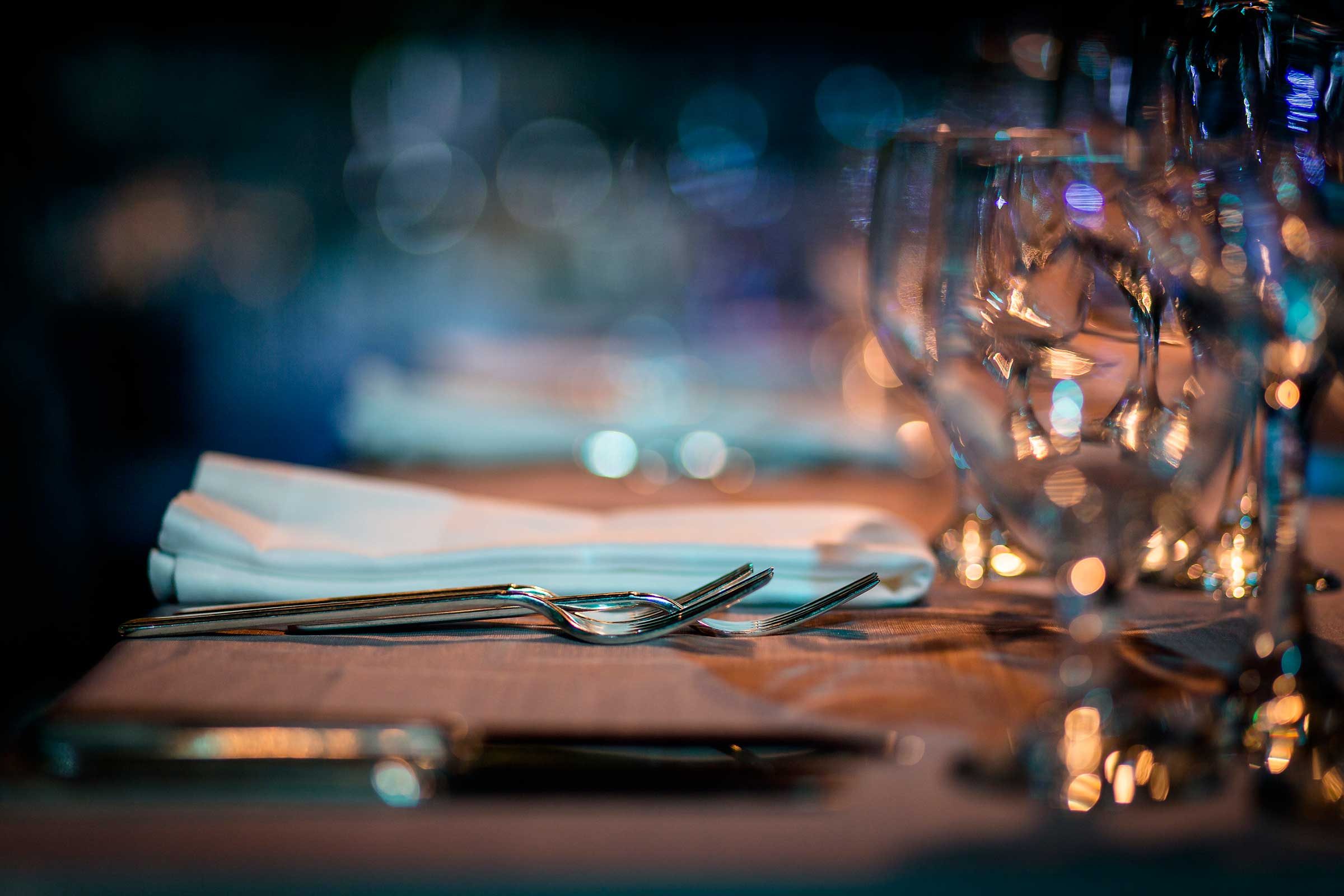
Eat dinner well before bedtime
Eating food too close to bedtime can interfere with sleep quality and give you a boost of energy that keeps you awake. Make sure that dinnertime and bedtime are far enough apart to ensure a healthy sleep. Before you know it DST will start again and you can start complaining about losing an hour! Next up, learn the 16 things sleep doctors never do during daylight saving.